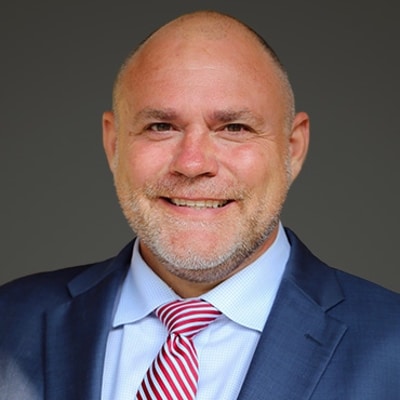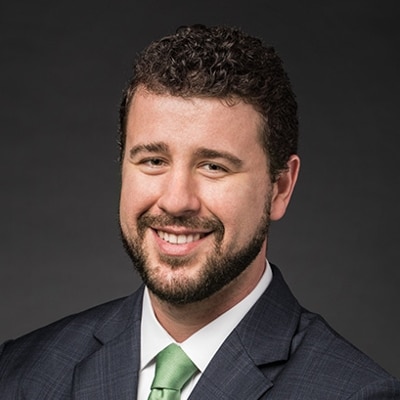Shrader & Associates National Trial Lawyers Specializing in Mesthothelioma, Asbestos, and Personal Injury
-
Over $1 Billion Recovered
-
Fighting for the Justice Our Clients Deserve


Shrader Law: Nationally Recognized Trial Lawyers
When You Need Strong Litigators on Your Side, You Can Turn to Shrader & Associates, L.L.P.
As Americans, we are lucky to have a robust court system that protects civilians who are wronged. However, justice is rarely achieved without a fight. Especially if you’re facing a large institution or corporation that harmed you, you need an attorney who will stand up for your rights.
Are you facing a serious legal issue? Our team is here for you. Call us at 866-262-8170 to set up a free consultation, no matter where you are in the U.S.
At Shrader Law, we’ve taken on big names like Toyota, Electronic Arts (EA), and Marlboro. Our attorneys have also gained a national reputation for taking on Big Pharma (over issues of harmful drugs) and our work on toxic exposure cases (serving clients who developed serious diseases after exposure to materials like asbestos and benzene). If you need a team that will do everything possible to help and won’t back down no matter what, you need Shrader & Associates, L.L.P.

We Won’t Back Down
Whether you’re facing a stingy insurer or multinational corporation, Shrader & Associates, L.L.P. has your back. We are known nationally for our dedication to our clients’ causes and our aggressive approach in fighting for their best interest. We’re not afraid to take cases to court. Over a billion dollars recovered for our clients is hard evidence of our effort into every case we handle.
We’re Personally Invested in Every Case
Why Work With Shrader & Associates?
AWARD-WINNING
Our skilled approach to the practice of law has resulted in top ratings & awards from renowned legal organizations.
RESPECTED
Our attorneys have been invited into some of the most prestigious and recognized professional associations in the U.S.
RECOGNIZED
We’ve been featured on local and national news programs for our legal knowledge and winning results.
PROVEN
To date, we’ve secured countless million-dollar results for clients located throughout the country.
We’re Litigators First
At Shrader & Associates L.L.P., we’ve always held to a single rule, doing what’s best for our clients first and foremost. Because of this, we often take cases to trial when insurance companies offer unrealistic settlement offers to our clients.

Settle for More
Going the Extra Mile to Help Your Family
Especially if you are filing against the same party as thousands of others, as we often see in claims for mesothelioma or defective drugs, some attorneys may want your case because they think it’s an easy win. Often, companies facing mass litigation will try to settle as many claims as possible to conserve resources and their public image. However, these settlements don’t always give you the compensation you need.
Shrader & Associates, L.L.P. doesn’t take the easy route because we care about serving your needs, not ours. In every case, we will try to negotiate a settlement for you. If we cannot achieve the results you were hoping for, we’re not afraid to go to trial. We have years of experience litigating complex cases and have recovered millions of dollars for our clients in court.
Our Client Pledge
Giving Victims Peace of Mind
No one reaches out to a trial attorney when their life is going well. In fact, we often talk to clients who aren’t sure whether they even want to work with an attorney because they don’t need anything else on their plate. At Shrader & Associates, L.L.P., we understand the demands on you at this time. Our process is designed to decrease the demands on you, no matter the injury or concern you’re facing.
One way we do this is by meeting clients at their homes or wherever is most convenient for them. No matter where you are in the nation, we will come to you so you can be sure you have our full attention and dedication. And, you won’t pay a dime until we win your case. Our team is backed by over 100 years of combined experience and the dedication to do every single thing we can to help your case. Our case results show how serious we are when it comes to finding justice for our clients.





























![aaj-leaders-forum[2] Home](https://shraderlaw.com/wp-content/uploads/2022/04/aaj-leaders-forum2.png)












